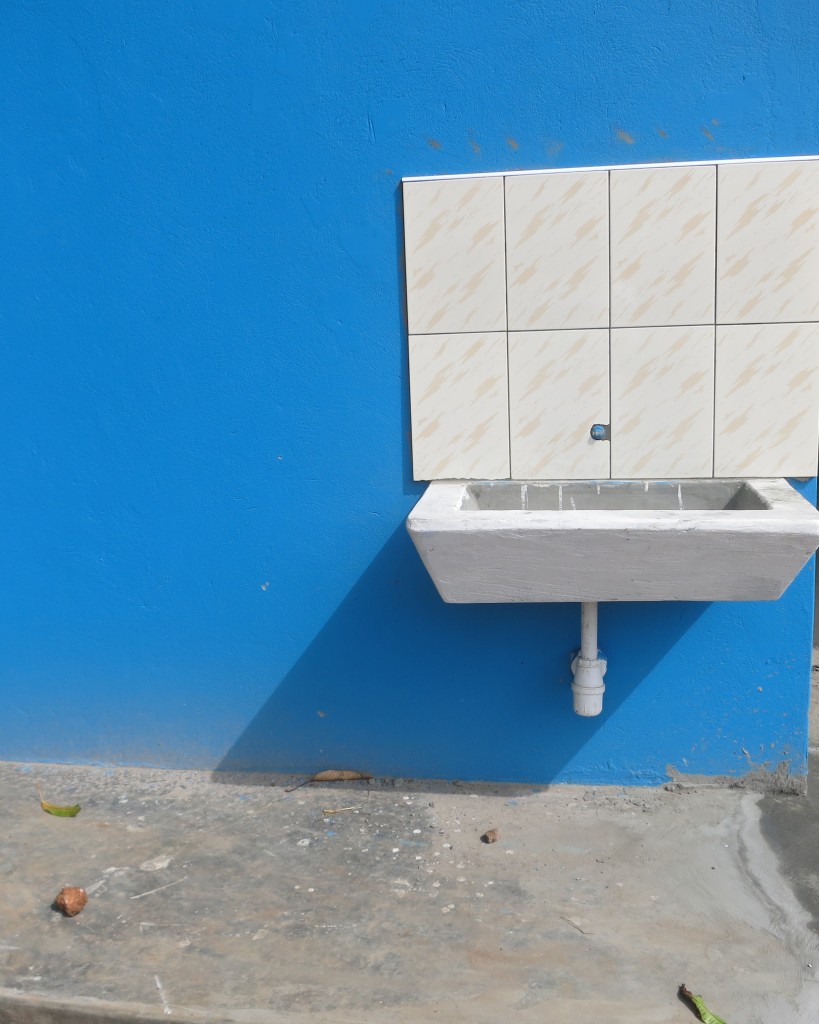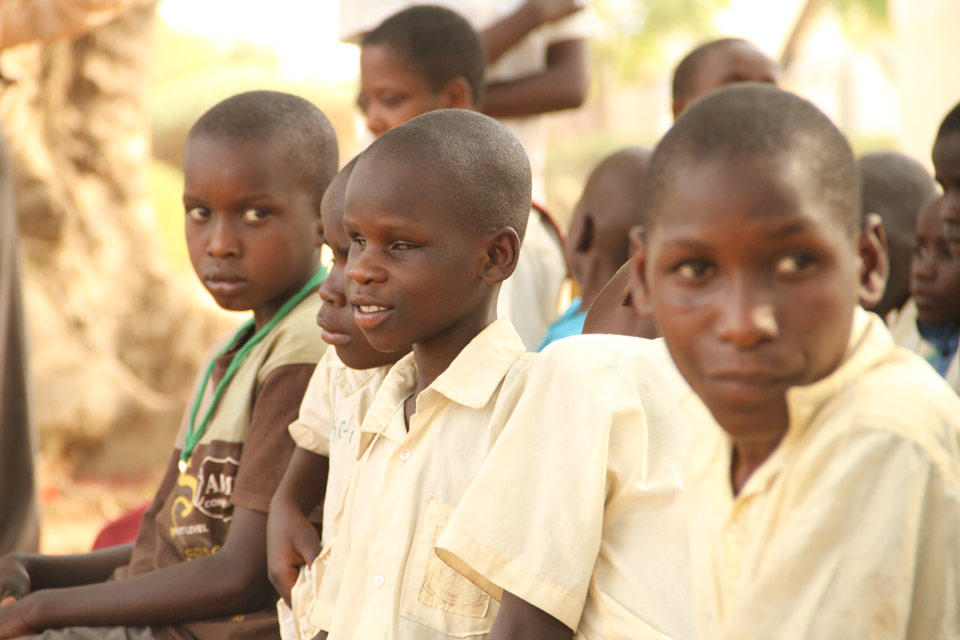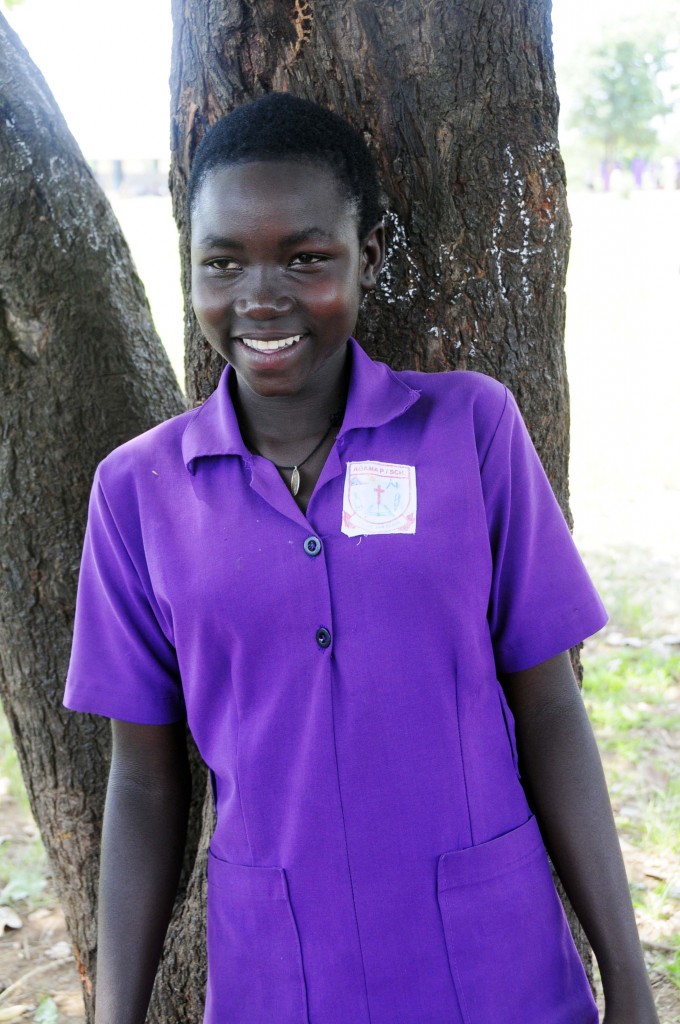DROP, One World Futbol and Etop Radio
A school that does not have active extracurricular activities like football, netball—or which lacks a nearby water source—will have low pupil enrollment, attendance and retention, especially for girls. Games and clean water keep children at school.
Madera School For The Blind Update
So far, your donations have build two sets of bathrooms complete with flushing toilets, sinks and even showers. The 100 boys and girls living at the school finally have access to decent sanitation for the first time in the school’s history
Drop in the Bucket and the One World Play Project
DROP already works to improve sanitation in schools throughout the region by building toilets and sinks and showers and by building clean-water wells. When children are healthier, they’re able to attend school regularly. Educational experts also believe that play is an integral part of school.
Santa Monica Observer Article About Drop in the Bucket
“Literally everybody was sick with something,” said Stacey. “And almost all of it was caused by the dirty water they were drinking. We knew we had to do something to help but we knew we had to get to the cause rather than just continuing to treat the symptoms.” The solution was clean drinking water
Progress at Madera

We would like to take this opportunity to thank everyone who has donated to our fundraising campaign to provide clean water and toilets at the Madera School for the Blind in Uganda. This is the largest project we have ever taken on for a single school and it is considerably more expensive than anything we […]
Progress at the St Francis Madera School for the Blind
This is the largest project we have ever taken on for a single school and it is considerably more expensive than anything we have done in the past, but it is also one of the projects we are most proud of.
Hope Junior Primary School Article From The New Vision
The school is new performing better than ever at their end-of-term exams. Before the toilets, many children—primarily girls—were forced to drop out. Not only are many of them back in school now, but other kids in the district are coming to the school as well.
Madera School For the Blind

Help Shine a New Light for Blind Children in Uganda Every child deserves a clean and safe place to learn and play. Help us build a proper sanitation facility for the only School for the Blind in Uganda. For many parents in Uganda, just taking care of basic needs for themselves and their children can […]
This is Winnie Ayute

Winnie Ayute (15 years), Agama Primary School: I’m in Primary Six and our school is one of the largest schools in the district. There are 790 pupils including 342 girls. Before Drop in the Bucket drilled a well on the school compound, nearest source of water was a swamp at the Agule village which is […]
Check out our Holiday Video

We just launched our new fundraising platform that allows people to contribute the individual items that it takes to build a well, and our good friends at Kilograph helped us put together this great Holiday video. You can check out the video here Or go straight to this link to see how you can help.
